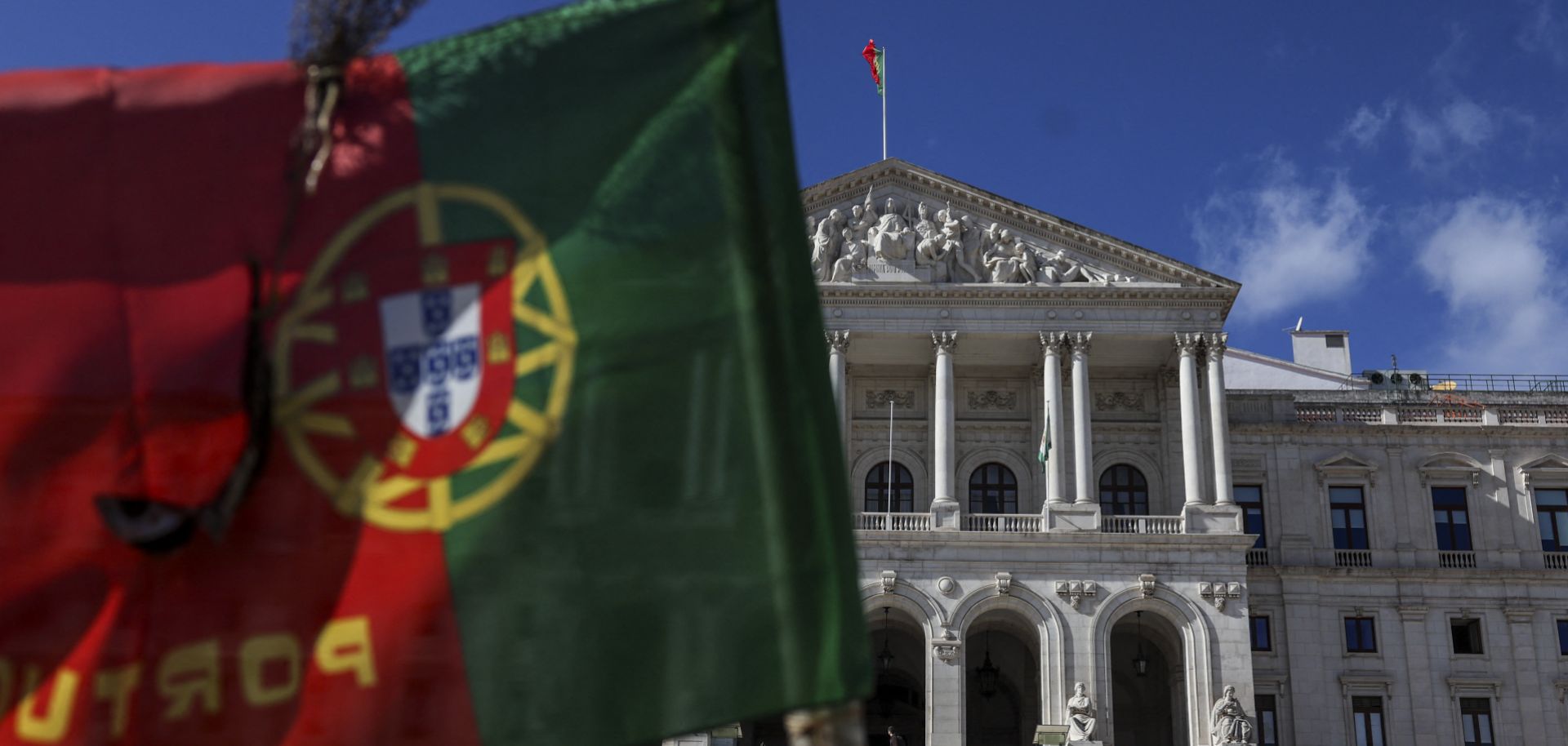Portugal's ongoing political crisis will increase policy uncertainty in the country, and may also derail lithium and hydrogen projects that are key to the European Union's efforts to gain greater strategic autonomy in producing critical raw materials and renewable energy. Portuguese Prime Minister Antonio Costa resigned on Nov. 7 after police raided his residence, as well as the Ministries of Environment and Infrastructure, as part of a corruption investigation concerning government awards of contracts for lithium exploration concessions in the north of the country and a green hydrogen production project in the port city of Sines. Public prosecutors also detained Costa's chief of staff Vítor Escaria, his personal adviser Diogo Lacerda, and Sines' mayor and Costa's fellow Socialist Party member Nuno Mascarenhas. Costa announced his resignation in a televised speech following a meeting with President Marcelo Rebelo de Sousa, during which he said he would not seek another term as...

